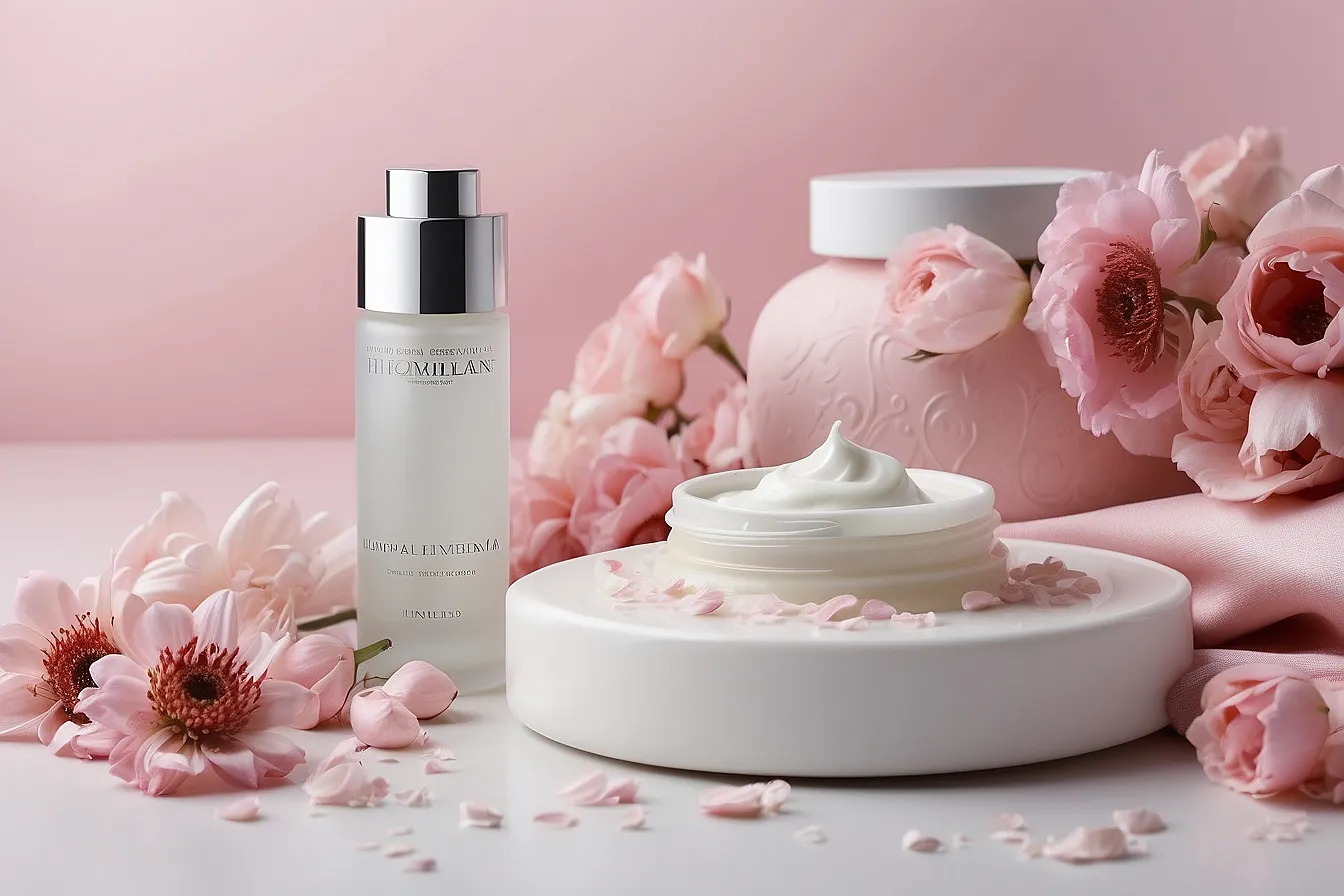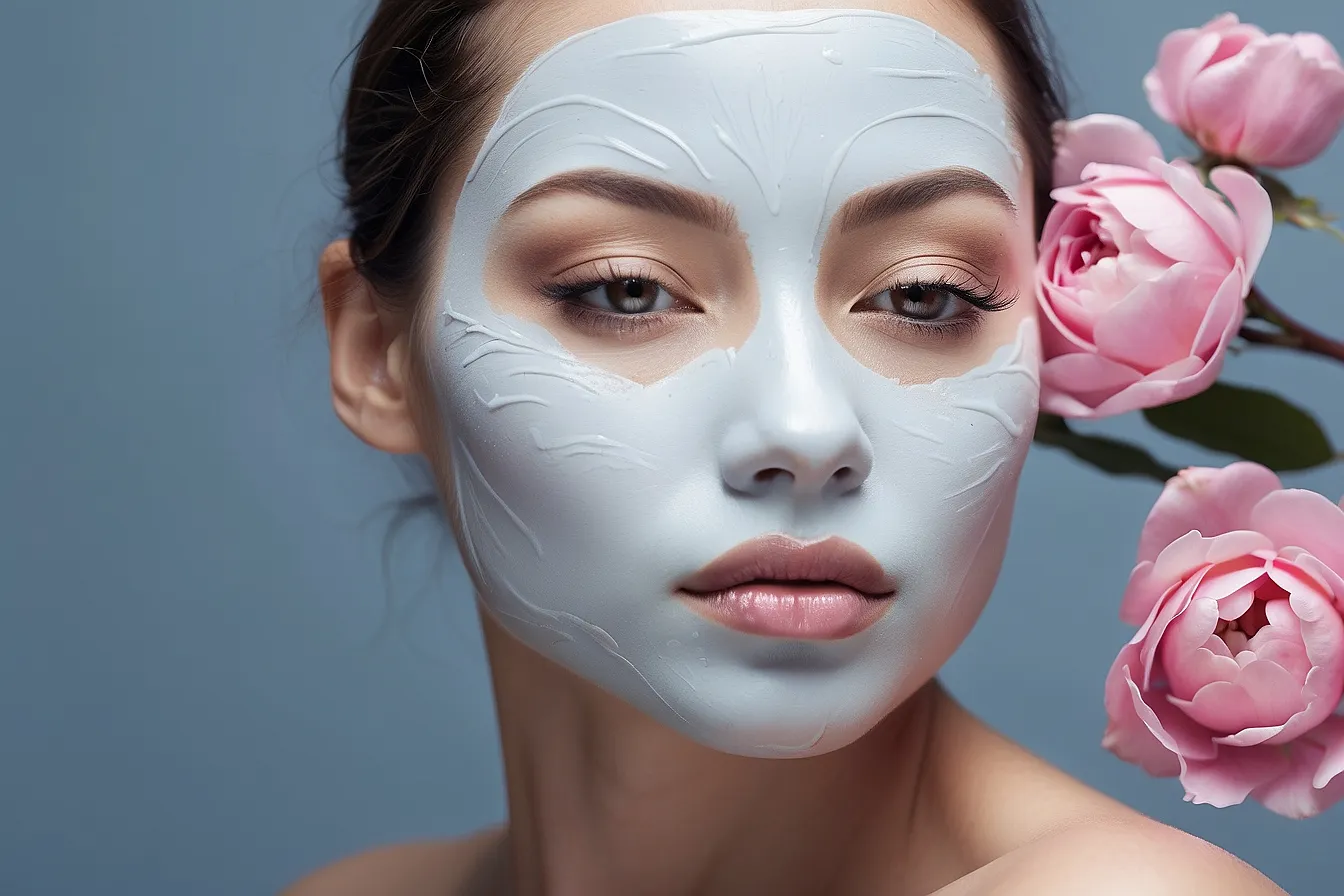How Does Proper Skincare Impact Your Overall Health and Well-being
How Does Proper Skincare Impact Your Overall Health and Well-being
Welcome to our latest blog post where we will be discussing the often overlooked but essential topic of skincare and its impact on your overall health and well-being. Skincare is more than just about looking good on the outside. The products and routines we use can have a significant effect on our internal health, mental well-being, and even our longevity. In this post, we will delve into the science behind skincare and explore the positive and negative impacts it can have on your body and mind.
Key Takeaways:
- Healthy Skin Equals Overall Health: Proper skincare can contribute to overall health by promoting healthy and radiant skin.
- Protection Against Environmental Hazards: Skincare routines can help protect against the harmful effects of pollution, UV rays, and other environmental hazards.
- Boosts Confidence and Mental Well-being: Taking care of your skin can improve self-esteem and mental well-being by providing a sense of self-care and confidence.
- Prevention of Skin Conditions: Regular skincare can help prevent common skin conditions such as acne, eczema, and premature aging.
- Overall Health Impact: Proper skincare not only benefits the skin's appearance, but also plays a role in maintaining overall health and well-being.
Understanding Your Skin
If you want to take proper care of your skin, it's important to understand the basic characteristics of this vital organ. Your skin is the largest organ in your body, serving as a protective barrier between your internal organs and the outside world. It is made up of three main layers: the epidermis, dermis, and subcutaneous tissue. In addition to acting as a barrier, your skin also plays a role in regulating body temperature, storing fat, and producing vitamin D.
Skin Types and Their Characteristics
Any discussion of proper skincare must start with an understanding of the different skin types and their characteristics. The four main skin types are normal, dry, oily, and combination. Normal skin is generally well-balanced, with small pores and an even texture. Dry skin often feels tight, with flakiness and fine lines. Oily skin is characterized by enlarged pores, a shiny appearance, and a tendency to develop acne. Combination skin typically has an oily T-zone (forehead, nose, and chin) with dry or normal cheeks. This information is important because it will help you choose the right skincare products for your specific skin type.
The Skin's Role in Overall Health
Types of skin disorders can have wide-ranging effects on your overall health and well-being. Skin conditions such as eczema, psoriasis, and acne can cause physical discomfort and emotional distress. Furthermore, the skin plays a crucial role in protecting your body from harmful substances and UV radiation, as well as helping to regulate your body temperature. It's essential to take care of your skin to maintain its integrity and support its important functions.
A proper skincare routine can help prevent common skin issues and promote overall health and well-being. By protecting your skin from the sun, keeping it clean and moisturized, and addressing any specific concerns related to your skin type, you can maintain healthy and radiant skin. Remember, your skin reflects your overall health, so taking care of it is essential for your well-being.
The Fundamentals of Proper Skincare
While skincare routines may vary from person to person, there are some fundamental steps that are essential for achieving and maintaining healthy, glowing skin. These steps include cleansing, moisturizing, and protecting your skin from the sun's harmful rays.
Cleansing: The First Step to Healthy Skin
The first and most crucial step in any skincare routine is cleansing. The day's accumulation of dirt, oil, and impurities can clog pores, leading to skin problems such as acne and dullness. Proper cleansing helps to remove these impurities and prepares the skin for the next steps in the skincare routine.
Moisturizing: Hydration Inside Out
For healthy skin, moisturizing is essential. Moisturizing not only hydrates the skin from the outside, but it also helps to maintain the skin's natural moisture balance. Step up your skincare routine by choosing a moisturizer that is suitable for your skin type to keep your skin nourished and protected.
It's important to note that proper moisturizing can prevent various skin issues, such as dryness, fine lines, and wrinkles.
Sun Protection: Guarding Against the Invisible Threat
First and foremost, protecting your skin from the sun is vital for maintaining its health and youthful appearance. Sun exposure can lead to premature aging, sunburn, and an increased risk of skin cancer. Using a broad-spectrum sunscreen with at least SPF 30 is essential to shield your skin from these dangerous UV rays.
It's important to apply sunscreen daily, even on cloudy days or during the winter months. It is also advisable to seek shade and wear protective clothing, such as hats and sunglasses, for added protection against the sun's harmful rays.
Nutrition and Skincare
Now, let's talk about the important connection between nutrition and skincare. What you eat can have a significant impact on the health and appearance of your skin. A balanced diet filled with the right nutrients can help nourish your skin from the inside out, giving you that youthful glow and keeping skin issues at bay.
Foods that Nourish Your Skin
For healthy, radiant skin, it's essential to include foods rich in antioxidants, vitamins, and minerals in your diet. Fruits and vegetables such as berries, spinach, and sweet potatoes are packed with antioxidants that help protect your skin from damage caused by free radicals. Additionally, healthy fats from sources like avocados and nuts can help keep your skin hydrated and supple.
The Impact of Hydration on Skin Health
Any skincare routine should include proper hydration, and this extends to your diet as well. Drinking enough water is crucial for maintaining the elasticity and moisture of your skin. Dehydration can lead to dry, flaky skin and even exacerbate skin conditions such as acne and eczema. Make sure to get the recommended amount of water each day to keep your skin looking and feeling its best.
Nourish your skin from the inside out by incorporating hydration-rich foods into your diet, such as cucumbers, watermelon, and oranges. These foods not only contribute to your overall hydration levels but also provide essential vitamins and minerals for skin health.
The Psychological Benefits of Skincare
Unlike simply being a surface-level concern, taking care of your skin can have a significant impact on your psychological well-being. Skincare is not just about achieving a certain look, but also about feeling good on the inside.
Confidence and Self-Perception
The routine of taking care of your skin can lead to a boost in confidence and a more positive self-perception. When you know you are taking good care of your skin, it can show in the way you carry yourself and interact with others. Knowing that you are investing in your health and appearance can give you a sense of empowerment and confidence in various areas of your life.
The Calming Effects of a Skincare Routine
Skincare is not just about the physical act of applying products, but also about taking a moment for yourself. The ritual of a skincare routine can be incredibly calming and therapeutic, providing a mental break from the stresses of daily life. As you focus on caring for your skin, you are also engaging in self-care, which has been shown to have positive effects on mental well-being.
Routine skincare can help reduce anxiety and promote relaxation, creating a sense of balance and tranquility in your day-to-day life. The act of taking care of your skin can become a cherished part of your daily routine, contributing to an overall sense of well-being.

Skincare as Preventative Health
To maintain overall health and well-being, it is important to view skincare as a form of preventative health. Proper skincare can help prevent a wide range of skin issues and even contribute to the prevention of more serious health conditions. By taking care of our skin, we are taking the necessary steps to protect our overall health.
Early Detection of Skin Issues
Detection of skin issues at an early stage can be crucial in preventing them from developing into more serious problems. By consistently practicing good skincare habits, individuals are more likely to notice changes in their skin, such as new moles or unusual dryness, that could indicate a potential issue. This early detection can lead to the prompt treatment and resolution of the issue, preventing it from escalating into a more serious health concern.
Long-Term Benefits of Consistent Skincare
Consistent skincare not only helps to keep the skin healthy and youthful in appearance, but it also contributes to the long-term well-being of the individual. By maintaining a regular skincare routine, individuals can prevent a variety of skin issues, including acne, premature aging, and dryness. This leads to healthier and happier skin for years to come.
With regular skincare, individuals are also more likely to maintain a strong barrier against environmental factors and potential skin damage. This can lead to a decrease in the risk of developing more serious skin conditions, ultimately contributing to the overall health and well-being of the individual.
Skincare Over the Years
Keep reading to learn how skincare needs change as we age and why it's important to adapt your routine to fit your current stage of life.
Adapting Your Routine With Age
Your skincare needs evolve with time, so it's essential to adjust your routine as you age. In your 20s, focus on prevention and keeping your skin healthy and hydrated. As you enter your 30s, you may start to notice fine lines and the early signs of aging, so incorporating anti-aging products like retinol can be beneficial. In your 40s and beyond, collagen production decreases, leading to loss of elasticity and firmness, so look for products that target these concerns.
Anti-Aging: Myths and Facts
With so much information out there, it's important to separate fact from fiction when it comes to anti-aging skincare. With advancements in technology and research, there are effective treatments and products that can help diminish the appearance of wrinkles and improve skin texture. However, it's crucial to be cautious of unrealistic claims and quick-fix solutions that may actually do more harm than good. Always consult with a skincare professional to determine the best approach for your individual needs.
Common Skincare Mistakes to Avoid
After learning about the numerous benefits of a proper skincare routine, it's important to be aware of the common mistakes that can sabotage your efforts. By avoiding these pitfalls, you can ensure that your skin stays healthy and radiant, contributing to your overall well-being. For more information on the mental health benefits of a skincare routine, check out 5 Ways a Skin-Care Routine Benefits Mental Health.
Over-Exfoliation: Finding Balance
For many people, exfoliation is an essential part of their skincare routine. However, over-exfoliation can lead to irritation, inflammation, and even damage to the skin barrier. It's important to find a balance and exfoliate no more than a few times a week, using gentle exfoliants to avoid causing harm to the skin.
The Risks of DIY Skincare and Home Remedies
Skincare enthusiasts may be tempted to try DIY recipes and home remedies, but it's important to approach these with caution. While some natural ingredients can be beneficial, others may irritate or damage the skin. It's crucial to do thorough research and consult with a skincare professional before trying any at-home treatments.
The use of harsh or potentially harmful ingredients in DIY skincare can lead to unintended consequences such as skin irritation, allergic reactions, or even long-term damage. It's essential to prioritize the health and safety of your skin by being mindful of the risks involved in DIY skincare and home remedies.

Conclusion: The Importance of Proper Skincare
Considering all points, it is clear that proper skincare is an essential component of overall health and well-being. From protecting against harmful UV rays to maintaining hydration and preventing premature aging, taking care of your skin can have a significant impact on your physical health. Additionally, the act of practicing self-care through a skincare routine can also have positive effects on mental and emotional well-being, boosting confidence and reducing stress.
Investing in proper skincare is an investment in your health, and the benefits extend far beyond just the surface of your skin. By prioritizing skincare as a part of your daily routine, you can not only maintain a healthy and radiant appearance, but also improve your overall health and well-being in the long run.
FAQ
Q: What is the importance of proper skincare for overall health and well-being?
A: Proper skincare is essential for maintaining the health and appearance of your skin, which in turn affects your overall health and well-being. It helps to prevent skin conditions, protect against environmental damage, and promote a healthy, radiant complexion.
Q: How does proper skincare routine impact the health of your skin?
A: A consistent skincare routine helps to keep your skin clean, moisturized, and nourished, which is essential for maintaining its health. Proper skincare can prevent issues such as dryness, acne, and premature aging, promoting a clear and youthful complexion.
Q: Can proper skincare routine improve overall mental well-being?
A: Yes, taking care of your skin can have a positive impact on your mental well-being. The act of practicing self-care through a skincare routine can help reduce stress, boost confidence, and promote a sense of relaxation and mindfulness.
Q: What are the long-term benefits of proper skincare for overall health?
A: Long-term benefits of proper skincare include maintaining the elasticity and firmness of your skin, reducing the risk of skin cancer and other skin conditions, and promoting a healthy skin barrier that protects against external pollutants and irritants.
Q: How can I establish a proper skincare routine for overall health and well-being?
A: To establish a proper skincare routine, start by identifying your skin type and specific concerns, then choose suitable products such as cleansers, moisturizers, and sunscreen. Consistency is key, so aim to cleanse, moisturize, and protect your skin daily to maintain its health and well-being.

